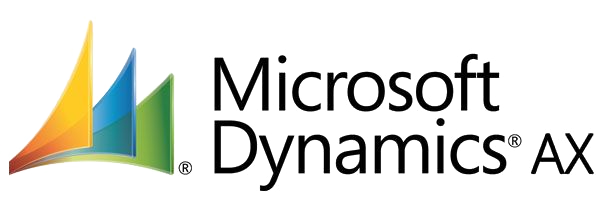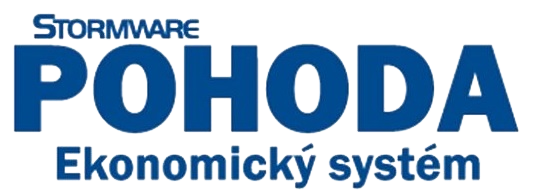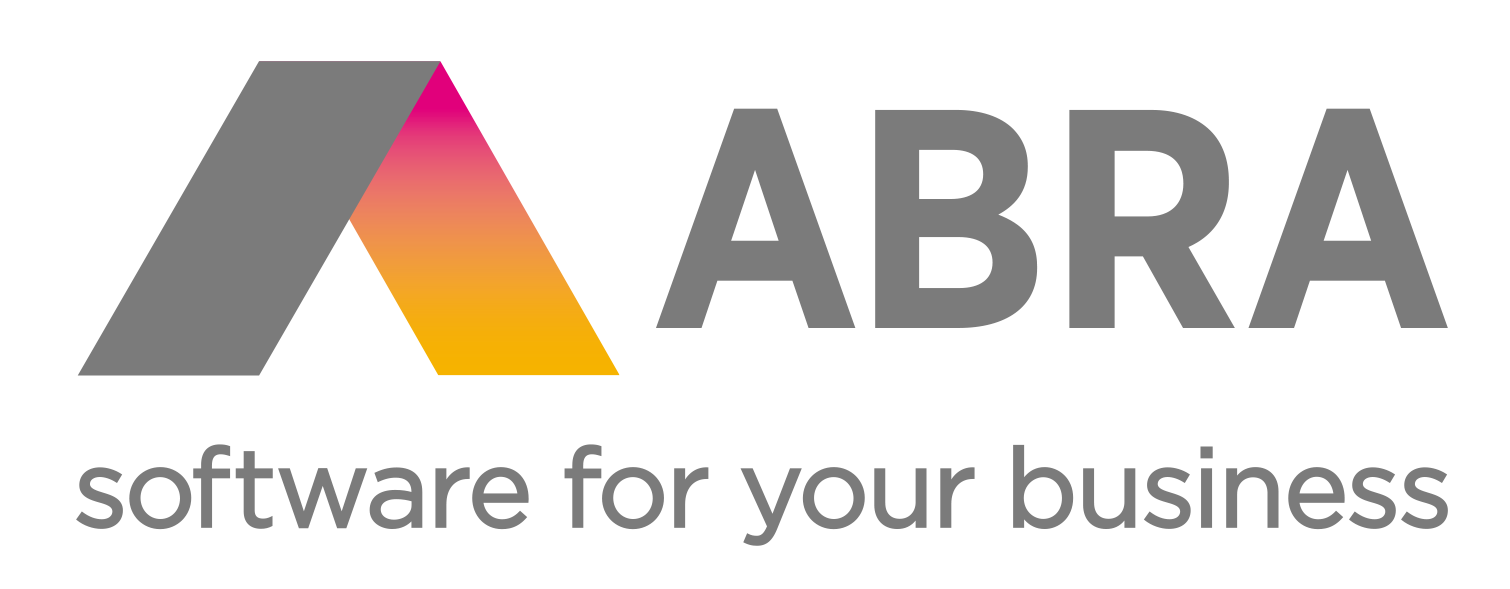Relationship Management (CRM)
CRM is a strategy that progressive companies use to manage activities with their existing and potential customers. CRM helps organisations streamline processes, create customer relationships, increase sales, improve customer service, and increase profitability. Talking about CRM, people usually refer to a CRM system, software/tool that is used to manage contacts, support sales and marketing or service activities, and so on.
The real goal of the CRM system, or the strategy is simple: To improve business relationships and their profitability.
Who is CRM for?
- Owners and managers – they manage the policies of companies and organisations, they need to effectively monitor the development of business potential for the potential and existing customers. They need to monitor and assess their dealers’ performance. They need to know how effective the marketing campaigns are.
- Business professionals and consultants – they need to have an effective assistant for the day-to-day planning and recording of their business activities with potential and existing customers. They need an overview of the development of business potential and of invoicing. Or to easily identify which customer has a problem and solve it quickly.
- Real estate agents – they need a simple tool to record the inquiries and offers related to their customer’s property. They want an effective tool for arranging property tours. They need to keep track of how many tours of what property they did, and with whom, and who eventually bought it.
- Bankers, financial advisors and insurance brokers – Interactions with customers is their daily bread. They develop and offer financial strategies and products to customers. This is why they need a simple and effective CRM tool for a quick overview of how all these activities evolve.
- Marketing and public relations professionals – effective management of campaigns, advertising and communication activities is their everyday work. For that reason, they need a flexible, high-class and simple tool to plan, record and evaluate all necessary activities.
- Service and customer support – it is the service and customer support staff who need to have an easy way to record the customer needs. Comprehensive and complete overview of all activities with customers. What services and products they have bought and when was the last service performed.
Why is the enterprise planning system alone not enough?
Some companies believe that it is enough to have an enterprise planning system (ERP), and that a CRM is an unnecessary and expensive luxury toy.
We have a couple of ideas that will make them rethink their position:
- ERP systems can very well organise and record what has already happened. Therefore, they for example issue orders that have been already placed, issue invoices for goods/services already delivered. But who cares to make sure they have any work to do? It is the CRM only.
- Since ERP systems must work in line with the legislation, they have a rigid structure and strict procedures and are very difficult to adapt. Compared to CRM, ERP systems are not very flexible and will not respond quickly to the required changes.







What are the key benefits of CRM?
CRM offers numerous benefits by collecting and organising the data on the communication, activities with customers, making them available to the internal team, and thus streamlining the analysis of the data obtained.1. Simple contact management
Every call, inquiry or meeting with the prospective or existing customers or partners is recorded and accessible to the entire team through a central contact management system. This enables the sales, marketing and service teams to monitor the development of business potential and the customer history.
2. Teamwork
The CRM system allows people from different parts of the company to work together! For example, a sales team can work with product managers to create targeted offers, or a marketing specialist with expertise in campaigns can offer services to customers more effectively.
3. Increased productivity
Save time by monitoring your activities! The CRM gives you the insights into your activities, sends notifications or provides the information requested the way you want it.
4. Effective and profitable sales
You can analyse customer relationships, sales activities, assess the viability of the business/customer prospects, reach for additional help if needed and provide real-time information.
5. Integrated sales forecasts
As a comprehensive source of information, it facilitates accurate forecasts for traders. Business teams can learn from the past and predict the future through historical data, while predictive analytics uses insights from big data to predict the future customer behaviour.
6. Powerful reporting tools
They provide an instant overview of sales data, making it easy to identify and early eliminate potential issues. Predefined reports and statistics increase team productivity by saving time that would otherwise be spent on pulling data manually or laborious compilation of pivot tables.
7. Increased customer satisfaction
CRM provides a comprehensive view of the customer's ongoing communication and so it is easier to anticipate problems and handle complaints. Comprehensive team information creates positive experience for customers who do not have to explain their problem every time.
8. Faster return on marketing investment
CRM systems are also designed to organise and record the results of marketing campaigns. Campaign monitoring gives you an idea of what type of marketing activity works for the particular customer, making it easier to optimise the cost and achieve a higher return on investment.
9. A resource for improving products and services
A good CRM system can collect information from various sources across the organisation and beyond. This provides unprecedented insight into how customers feel and what they say about the organisation, so the businesses can improve what they offer, and early identify problems and gaps.

 Do you have any questions?
Do you have any questions?Call us.
